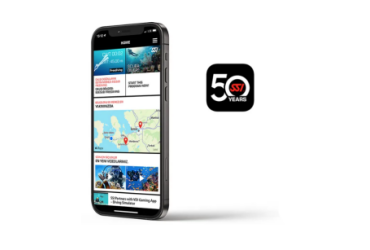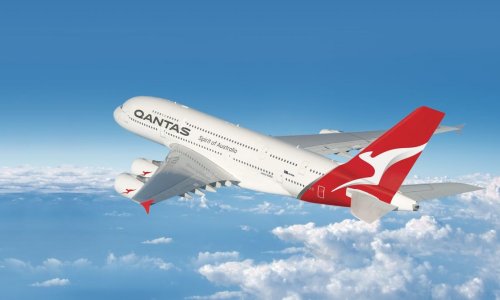Improving your diver trim and streamlining by using a side mount configuration allows you to explore more constricted places than ever before.
Unfortunately, we see too many divers with incorrect trim and consequently, struggling to make invaluable progress with their diver training. In order to reduce the amount of energy we expend while moving through the water, we must move in a more efficient manner.
One of the ways we do this is by reducing the drag by streamlining our bodies and equipment in a way that will provide the least resistance to the flow of water.
Trim is the orientation of a diver’s body when swimming underwater and is also a basic skill required in order to move efficiently underwater.
Achieving good trim requires correct weighting, positioning, distribution of those weights and the correct amount of air in your Buoyancy Control Device (BCD).
Enter Sidemount.
Side-mounted gas cylinders are positioned on either side of your upper body, running from under your arm down to the middle of your thigh. This type of configuration can allow a far easier transition into a horizontal body position.
Balancing your centre of gravity and buoyancy close to the centre of your body results in you being balanced underwater increasing your ease of movement. Although trim can be achieved in a back mount configuration, many divers lack the awareness and training to attain the correct position.
One of the great benefits of diving side mount is how much more comfortable it is, than diving back mount.
Sidemount configurations also give the diver easy access to the valves as they are positioned in front of the diver where they are clear to see. This means any kind of problem can be easily identified and isolated.
Gas shutdowns are straightforward forward and any first-stage valve leaks are easy to detect. This allows you as a diver to be self-sufficient when it comes to problem-solving.
After completing this program and can then apply that configuration, to all other extended-range programs.




